But what a fool believes, he sees
No wise man has the power to reason away
What seems to be
Is always better than nothing
Than nothing at all
Michael McDonald and Kenny Loggins
Everyone believes
In how they think it ought to be
Everyone believes
And they're not going easily
Belief is a beautiful armor
But makes for the heaviest sword
Like punching under water
You never can hit who you're trying for
Some need the exhibition
And some have to know they tried
It's the chemical weapon
For the war that's raging on inside
John Mayer
I posted a summary of this post on Notes earlier this week. Several readers thought I should expand on it. So I am. Not because you necessarily care what I believe, but perhaps the “why” might be interesting to you.
I believe that a higher power has enabled me—and all human beings—with the ability to take care of ourselves. How we choose to have faith in that power—of a God—and in the powers granted by that God (whatever your definition)—is what determines our outcomes. Others can affect our outcomes only if we allow it.
We all form our beliefs and our belief systems—affectionately nicknamed our BS by me in earlier posts—in a variety of ways and over time. Sometimes they change and mostly they don’t. As we all know, change requires work—it requires listening and honest self-appraisal and maybe even admitting we’d been wrong—and most folks just don’t ever do that. Changing our belief systems and our beliefs might even be harder than normal change. It might require us to rebel against what we were taught when young.
So, that all said, my beliefs have evolved over time as I’ve done much work to better understand myself. All in the interest of recovery—of the process of getting clean and sober—over the last 15 years. Are my core beliefs different than they once were? In many respects, no not much. In other respects, most definitely.
Here’s the list I posted on Notes earlier this week.
I believe in God, a higher power, one spirit, the universe.
I do not believe in organized religion.
I believe in personal health.
I do not believe in the health care industry.
I believe in the founding principles of our Republic.
I do not believe in our government or politician’s abuses of it.
I believe in the concept of science.
I do not believe co-opted and compromised scientists.
I believe in the power of nature.
I do not believe in our attempts to control it.
I believe in expertise.
I do not believe many experts.
I believe in free speech.
I do not believe in the politicization of it.
I believe in personal freedom.
I do not believe that it is given or taken away by others.
I believe in love and the power of forgiveness.
I do not believe in it being conditional.
I believe in honesty.
I do not believe in those who dishonor the truth.
I believe in personal power.
I also believe that power corrupts.
I believe in the spirit of individual humans.
I do not believe that groups of humans always act spiritually.
I believe that what I believe is mine and important to me.
I do not believe that my beliefs are important to others.
I believe in expressing emotions.
I do not believe that emotions should drive decision-making.
I believe.
I do not believe.
That is—I am human.
Let’s dive into each one briefly. New or the same old? Why?
I believe in God, a higher power, one spirit, the universe.
I do not believe in organized religion.
This one is relatively easy to explain. I’ve always believed in God. My definition of what God is has changed. I grew up in the Methodist Church—youth fellowship leader, choir singer, and altar boy—until I went to attend college. My definition of God was something I didn’t question much. He (yes He) was the figure that sat atop his heavenly throne and passed judgment on his creations. All powerful creator of the Universe and all things within it. In my young adult life I survived a betrayal of a love interest that I blamed squarely on God. My girlfriend—who I firmly believed I would marry and have children with—left me for God. She eventually married a pastor. I turned on myself, thinking myself not worthy of her or God’s love, and spent the next couple of decades running amuck in defiance of God. Fifteen years ago I experienced the miracle of sobriety. There’s no other way to explain it. Why was I saved when so many others were not? It certainly wasn’t clear to me. So many miraculous events coalesced simultaneously to show me ways to surrender to a higher power, begin to examine and change my own behavior, and slowly forgive myself. that there was no other way to explain the powerful events and feelings other than the pure love of God. Today I don’t define God. And because I cannot understand it in a physical or rational way, I must have faith that the power exists. Faith in an overriding spirit. Of the universe. Of the stories that have been told for millennia. Of the acts that I witness—both from myself and others—happening now that didn’t happen then. Am I simply noticing them more now than I did before? Perhaps. Today I see God in other people. In animals. In nature. In kindness. I believe that those hearts and those acts derive from God because I do not believe that the nature of humans is worthy without God. Today I look for that goodness to validate my faith and deepen my belief. Is a good instinct merely a divine voice? Could be. Is a poor or destructive impulse a lack of God? Could be. I’d challenge you to prove that wrong.
Contrarily, my belief in God does not rely on a church or organized religion. I have no problem with individual churches. They are structured places where those that share faith in God of a certain type can gather. I don’t personally need that structure to practice my faith. Worship and celebration of that faith is well and good. But what happens when the church itself acts against the principles of God in the name of their particular definition of God? The dogma and rigidity that governs churches and their leadership do not match—in my opinion—with my definition of God. Millions of people have perished from religious persecution. Millions have lived lives of miserable suffering in the name of organized religion. More hate has been fomented around religion than around anything else. Differing religions cause wars. Religions own property, create rules, establish layers of elites, punish non-believers, and generally do as much bad and they do good in the world. The history is clear. It’s not clear who has any moral high ground. Christians—in any of their particular churches? Muslims—in any of their particular sects? Jews? Mormons? Catholics? Hindus? Whose God is the most God? You can’t have tyranny without willing slaves. Religion is the original slave owner.
I like to believe that God doesn’t only show up in any specific church or religion. God just IS. Redemption happens one soul at a time. We don’t necessarily need a church for that.
I believe in personal health.
I do not believe in the health care industry.
Do I really need to explain this one? The healthcare industry in the US has been politicized, consolidated, co-opted, and misaligned with prevention for so long. More appropriately called the “sick care” system. I know for a fact that there are well-intentioned and hardworking independent doctors and nurses out there practicing to improve the lives of their patients. But they are few and far between. Our system has been corporatized. The vast majority of doctors and nurses are now employees of large systems. They are beholden to budgets, agenda-driven decisions, and profitability driven by insurance remissions. Very few can make independent decisions—but instead follow tightly-held protocols delivered to them from above. This affects the length and quality of care. Never mind our public health officials who took a beating during COVID and are still difficult to believe or interpret. There is hope on the horizon with MAHA efforts to uncover links between the big three of pharmaceutical companies, hospital systems, and insurance corporations.
I believe in the founding principles of our Republic.
I do not believe in our government or politician’s abuses of it.
Another fairly easy one. There are those who blindly follow the lead of their particular party or political brand. They are beyond hope. Opening our minds to the original intentions of the founding fathers and the timeless principles they believed in is useful. Our politicians are bought and paid for.
The chances of us changing the political process that we’ve been indoctrinated into will be difficult—if not impossible—to change. Self -serving parasites that prey on our deepest fears are the norm in our politics and our bureaucracy. They will not govern themselves. We are their subjects, and they deepen their power to keep it that way. We can either choose to live with that or rail against it. Currently our options are few in terms of the latter. Resistance is mostly futile. Choose instead to live peacefully within it and maximize your emotional independence from it.
I believe in the concept of science.
I do not believe co-opted and compromised scientists.
Part C of the two above. Money drives scientific research. The money comes from sources that carry a desire for a particular outcome—an agenda—that is political in nature by its very definition. Grants from the NIH and many of the masked NGOs that secretly drive cultural change are the primary drivers of scientific and medical research. How can we take seriously the proclamations from public health officials/scientists after COVID? We’re funding the intentional and deadly research that escapes from laboratories and infects the entire world. Then they cover up their involvement. A simple litmus test is to ask how much of our scientific research begins with Department of Defense funding. Studying the flow of money through USAID has been an exercise in this very thing. What is the value of research into transgenderism in reptiles in Western Africa?
Science by its very definition is the act of discovery and questioning. The very moment a narrative takes hold of a particular paper or treatise or program we are doomed to falsehoods and wasted taxpayer dollars.
Technological advancements—based on scientific development—will continue at pace. AI is the most bipolar of these advancements. It’s capabilities for good equal its capacity for evil. Humans have a less-than-stellar history of managing new potentially destructive technologies. Time will tell us how we deal with this most powerful one.
I believe in the power of nature.
I do not believe in our attempts to control it.
The world is capable of healing itself. The natural way of life is the way. Millennia of examples exist of the self-correction of the planet being far more powerful than whatever man in the short term can foist upon it. To pound the drum of COVID once again as a glaring example, who remembers the plethora of birds and plant growth that accompanied the period of time humans were locked inside and unable to literally and symbolically trash the earth.
The idea of harnessing our energy from the earth is fundamental through the evolution of fire to fossil fuels to wind and solar. This is not to say that controls aren’t completely ineffective. I’m not against controlling ourselves. We humans are far too many and consume too much. What I am against is the fear-based narratives that have arisen around it. Recycling is a great example. Nearly everyone agrees in the fundamental idea of reusing glass, plastic, cardboard, paper. There is too much of it—too much packaging.
The part of recycling that few people pay attention to is the actual business behind it. What happens to all that stuff that you load into the green-topped bin instead of the black-topped bin? Does it really get recycled? Or does it get sold to China and countries in Indonesia? What if they stop buying it—as China has done in recent years with our plastic recycling detritus—what happens then? The truth of it is less noble. It ends up in the same landfill or ocean-going barge as the rest of our crap.
What about green energy—electric cars—solar and wind? Sure, it’s a good idea in concept. Everyone would agree with that. The part of it that most of us go hippy-skippy down the denial path with is the reality of these solutions. The mining and manufacturing of the parts that make up these solutions are all powered by fossil fuels. Many are extracted by slave labor in oppressive countries abroad. The ships and trains and trucks that bring them to their anointed locations are all gas-powered. The electric grid that renews their batteries is nearly 100% powered by gas and other earth fuels. Pay no attention to those inconvenient truths when powering up your electric car during a brownout period in the heat of summer.
We are in fact doomed, but not for the reasons that have been preached from the pulpit by political and corporate influencers—flying around in their gas-guzzling private jets—and getting rich on the taxpayer-subsidized stocks of these green firms. We are doomed in fact by the idiotic decisions made by these grifters and charlatans that we’ve given power and voice to.
I believe in expertise.
I do not believe many experts.
See all written above. Who can we trust? How?
I believe in free speech.
I do not believe in the politicization of it.
Free speech is a constitutional right granted to us by the Constitution. It was so very important to the founding fathers that it is the very first Amendment.
Amendment I
Congress shall make no law respecting an establishment of religion or prohibiting the free exercise thereof; or abridging the freedom of speech, or of the press; or the right of the people peaceably to assemble, and to petition the government for a redress of grievances.
What in the world has happened to us? This is not a red or white issue. It should not be the role of the government to tell us what we can and cannot say or write.
I believe in personal freedom.
I do not believe that it is given or taken away by others.
Here I’ll take a different tack than you might imagine. I’ll tack leeward while you’re on the windward side of the boat expecting the opposite. Hang on to that cleat! Man overboard!
When discussing personal freedom most people will jump immediately into the day-to-day ability to move about the world and make decisions without reference to anyone else. Obviously, these freedoms are constrained—or should be—in a modern society by laws, norms, rules of engagement, etc. I’m talking about a broader personal freedom that even those living under an oppressive regime might enjoy.
Liberty is having a mind superior to injury, a mind that makes itself the only source from which its pleasures spring, that separates itself from all external things, avoiding the unquiet life of one who fears everybody’s laughter, everybody’s tongue. For if there is anyone who can offer an insult, who cannot?
Seneca, On the Constancy of the Wise Man 19.2
The legendary Stoic teacher Epictetus offered another sage sentence: If anyone tells you that a certain person speaks ill of you, do not make excuses about what is said of you but answer, “He was ignorant of my other faults, else he would not have mentioned these alone.”
Words worthy of a modern standup comedian. Deflection for self-preservation at its finest. We can truly only have liberty of mind that informs freedom of choice. We cannot prevent the chaos, confusion, and madness of the modern world. We’re impotent against our government’s attempt to sanction, punish, or regulate our freedoms of speech. We do however have the freedom of our mind. We alone can choose how to react or respond to these indecencies against our Constitutional freedoms.
To summarize from a Stoic point of view, it’s not our concern if someone disdains us—our only responsibility is to do nothing deserving of disdain. Added to this, if we can laugh at ourselves when it’s appropriate to do so—or simply agree with factual statements—we achieve freedom by making our minds superior to injury and avoid disturbance by neutralizing the cruel intentions of others.
That—my friends—is personal freedom. Are you back onboard? OK onward.
I believe in love and the power of forgiveness.
I do not believe in it being conditional.
This is a big one because it’s so personal. I’ve always believed that love is a verb not a noun. Love is not a feeling. Love is an act. Our capacity for love of ourselves and others is a constant battle in a culture that rewards the wrong things. God would have us love others as ourselves. One could point to self-hatred as a precursor to much of the evil perpetuated by human beings on others. We often do this cloaked in personal defense or safety—often in personal gain. What can this person do for me—give me—as a premise for love? Deeply flawed in execution and outcome, but many get away with it in this earthly realm. What their comeuppance might be in the time beyond this earthly realm is not understood. So, if love is an act—is hate also? I would suggest that it is. Many humans extend and popularize their empathy for disaffected portions of our society. This is rarely done for pure compassion. This is more often performative—designed to make the individual feel better about themselves—rather than creating any actual improvements for those that are the target of their empathy.
Love does not have to be reciprocal, but it helps. Where it works is one human to another. Rarely does it work as part of a collective of humans trying to love—through empathy—in better outcomes. Despite the copious amount of money flowing into charitable causes, at its root those intentions are not built of love, but of privilege and empathy. Instead of loving those that we purport to help—which could be demonstrated one on one—we often feel sorry for those that we’re attempting to help with our anonymous dollars. Or in other situations we feel the need to promote our goodness in order to curry favor among our peers. In these cases, our capacity for love is conditional upon the response to the good feelings and the accolades we expect to receive by helping. That’s not love. Love is adopting a child from a war-torn or poor country. Love—defined as service—is being on the ground building a new home or a new water treatment plant with your hands. Charity done from afar is not love. It’s wonderful in that those funds are necessary, but there’s no evocative benefit. You would not lay down your life to protect those people. You would defend—and lay down your life for—those in your close circle that you truly love.
I believe in honesty.
I do not believe in those who dishonor the truth.
There is so much disinformation and misinformation created in our society. There is so much talk about “my” truth. There is no such thing. There is only “the” truth. In recovery there is much talk about honesty. Cash register honesty is referred to as the kind where you won’t steal from others, you’ll honor the privacy and information of others in friendship or love. Real therapeutic honesty involves oneself. To thine own self be true. We are incapable of being truly honest with others unless we can be honest with ourselves. For it is not the moral compass of others that determines this—it is our own compass—and if that internal compass is broken, then we have no shot.
Hence the hypocrisy and dishonesty we see at the highest levels. They may even fool themselves into believing that they’re acting in your best interest and are being honest with you. But because of their broken internal instruments they cannot be trusted. Which leads nicely into the next declaration.
I believe in personal power.
I also believe that power corrupts.
Power is something to be defended. I’m not saying it’s worth defending—just that it is something we will defend vigorously. True personal power evolves from surrender. A person who humbly surrenders to their own limitations—and is honest about them—is truly a powerful person. A person who surrenders to a higher power of some kind and definition is surely a powerful person.
It’s a given that narcissistic and psychopathic personalities walk the earth, but they seem to be rising in numbers. My Substack friend
writes about his often. She—and others—estimates that approximately 6.5% of our population suffer from narcissistic personality order—that approximately 1% suffer from psychopathy—and a percentage of those suffer from both maladies when are closely aligned. These individuals are simply unable to care about anything other than themselves and will act to protect their own power (or perceived power) with no remorse. So, in our American society—of over 330 million people—those percentages would equate to over 16 million narcissists and 3 million psychopaths. Real people. Walking the earth. Fucking with you and me. Whoa.I’ve digressed here to talk about a DSM mental illness statistic. It’s relevant in that many of them end of in our corporate and political leadership. It’s a catchy slander to call a politician a narcissist. But it holds no weight as an insult because it’s literally a job requirement.
I’m not talking about wealth, although extreme wealth can be either an output of this power flex or a building block to getting there. I know plenty of kind and generous people with wealth that don’t power flex. Once one attains a seat at the top and wields influence over others there are few paths down without falling precipitously. That’s why it is protected at any cost to others.
Power is not the motivation for normal people—it is merely the temptation that they must deal with according to their internal compass. Those with a broken compass may find a need for power as the motivation—which ultimately corrupts.
I believe in the spirit of individual humans.
I do not believe that groups of humans always act spiritually.
I have personally seen many examples of the good and kind spirit of individuals. Several who I credit with saving my life from ruin from drugs and alcohol. Humans are spiritual beings trapped in a meat sack. The question is—are you tapped into the wealth and resilience and goodness of your own spirit. Are you also tapped into the dark part of your own spirit? I don’t trust people that haven’t tripped into a dark hole of their own making. It’s literally written in the intro of my newsletter. I have fallen flat on my face so many times by following my darker instincts. But I’m hyper aware of the power of it—I can sense it—and I can often head it off at the narrow pass with a gatling gun.
See section on love above. I often honor the spirits of people working together collectively towards a goal. The word community is overused in our culture. But it exists. The ethos that drives it. It’s the spirit of voluntary self-sacrifice. Giving money when you have a ton of it is not self-sacrifice. It’s generous but it’s not the true spirit of giving.
There are countless examples of individual humans acting with such pure spirit and goodness. I believe that God is working in their lives. What else can explain their miraculous efforts to help others despite great personal risk to themselves?
People in groups formed around agenda can be manipulated and driven to mob thinking. Individuals are pressured into altering their belief systems in subtle ways to fit in to the larger group in hopes of finding some piece of their identity that is lacking in themselves.
Groups of people that align spiritually behind a common purpose have a much better chance of helping themselves and others to grow spiritually. AA and other 12-step programs are good examples of this. I’ve written much previously about how these groups do well in liking past their often wide differences and seek commonality.
It is to each of us to dig for what we are called to serve—called to represent—and called to act upon. It comes from within. It comes from the source. It is brought within us by a power greater than ourselves. It is not breakable. It does not come from ideology or agenda delivered to us by others.
I believe that what I believe is mine and important to me.
I do not believe that my beliefs are important to others.
My beliefs are my own just like yours are your own. They may align and they may not. It is terribly easy to pass judgment on another’s beliefs. What right do we have as individuals to do that, when we’d vigorously resist anyone doing that to us? So many times in recent years I’ve had good friends say to me, Dee you’re a smart guy and I love ya man. How in the hell can you believe that? Because I do. Because something in me and my life’s experience has led me to his belief. Yours is somehow different. That’s OK. As we’ve discussed ad nauseum in this essay, beliefs are only changeable by pain. I will hold dearly on to mine just as you will to yours. So it is and so it will be.
I believe in expressing emotions.
I do not believe that emotions should drive decision-making.
Learning to express my own emotions rather than stuff them down has been a growth process. Raised by two parents of a generation that largely kept their emotions to themselves—unless they came roaring out suddenly—was my education. I then learned as an alcoholic and addict that emotions could be used to manipulate. I also learned the fuck-its tactic of burying them in my favorite DOC (drug of choice).
Making important decisions while in an emotionally charged state rarely works out for the best. Sometimes it’s necessary in fight or flight situations, but rarely. Most of the millions of decisions we make on a day-to-day basis—go left or right—sit or stand—respond or react—answer or not—buy or sell—eat one more or not—could benefit from a brief pause. A moment of presence. A thoughtful review. Give the frontal lobe a chance to weigh in. Give it a minute. This too shall pass. Pause when agitated.
How many of our incarcerated would pay anything to have that moment back? How many marriages would have survived? How many children would have grown up less traumatized?
Call me a fool for some of my beliefs. I could not care less. Agree with me. Just as useless. I was clear in the beginning and throughout that these are mine. And they do change from time to time for the main reason that I’m not afraid to examine them.
I felt like sharing. Those of us that write regularly find it to be a great opportunity to examine our own whys and hows.
When you write words to help yourself understand and define your own beliefs it can be incredibly useful and thought-provoking. I encourage you to try it.




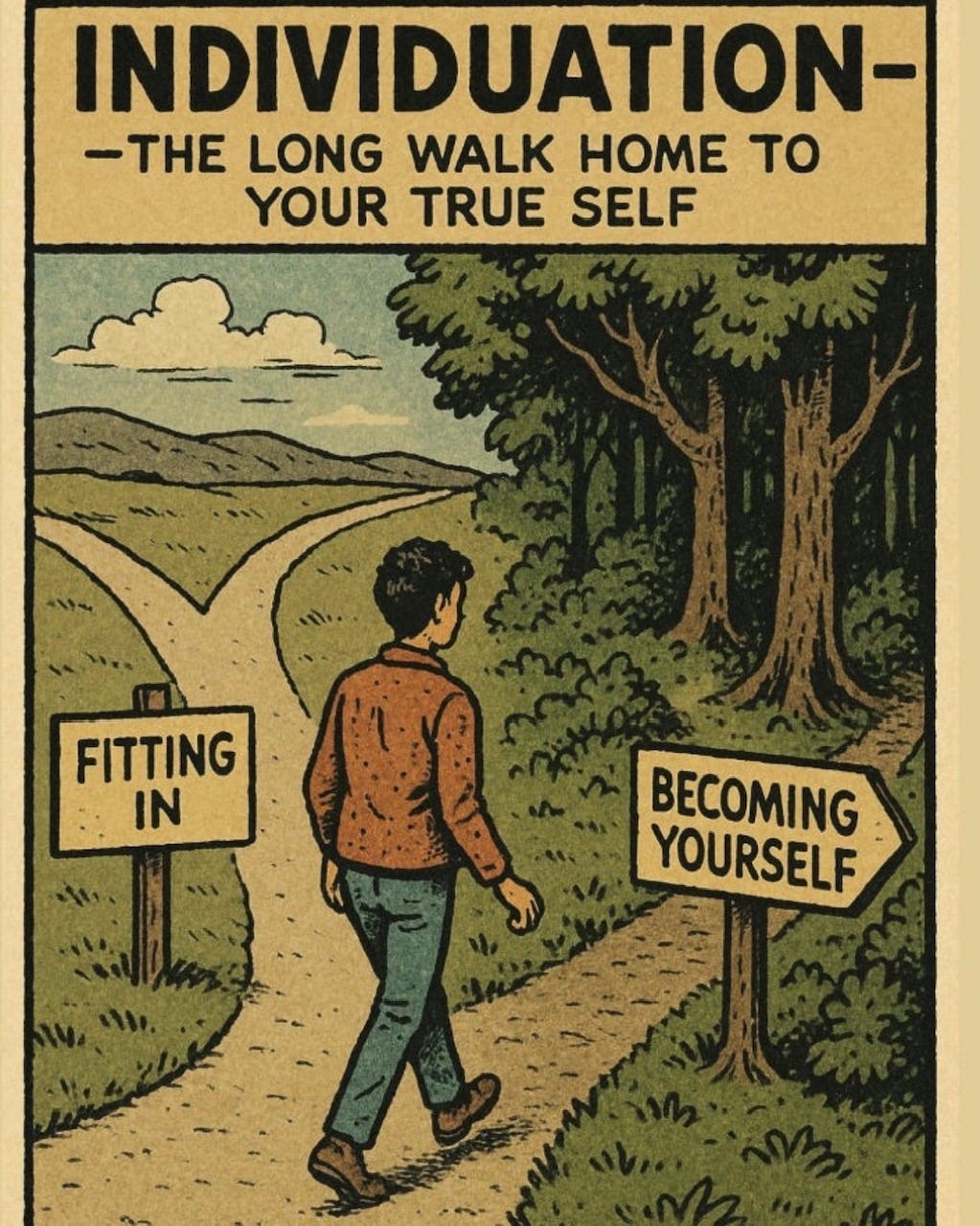
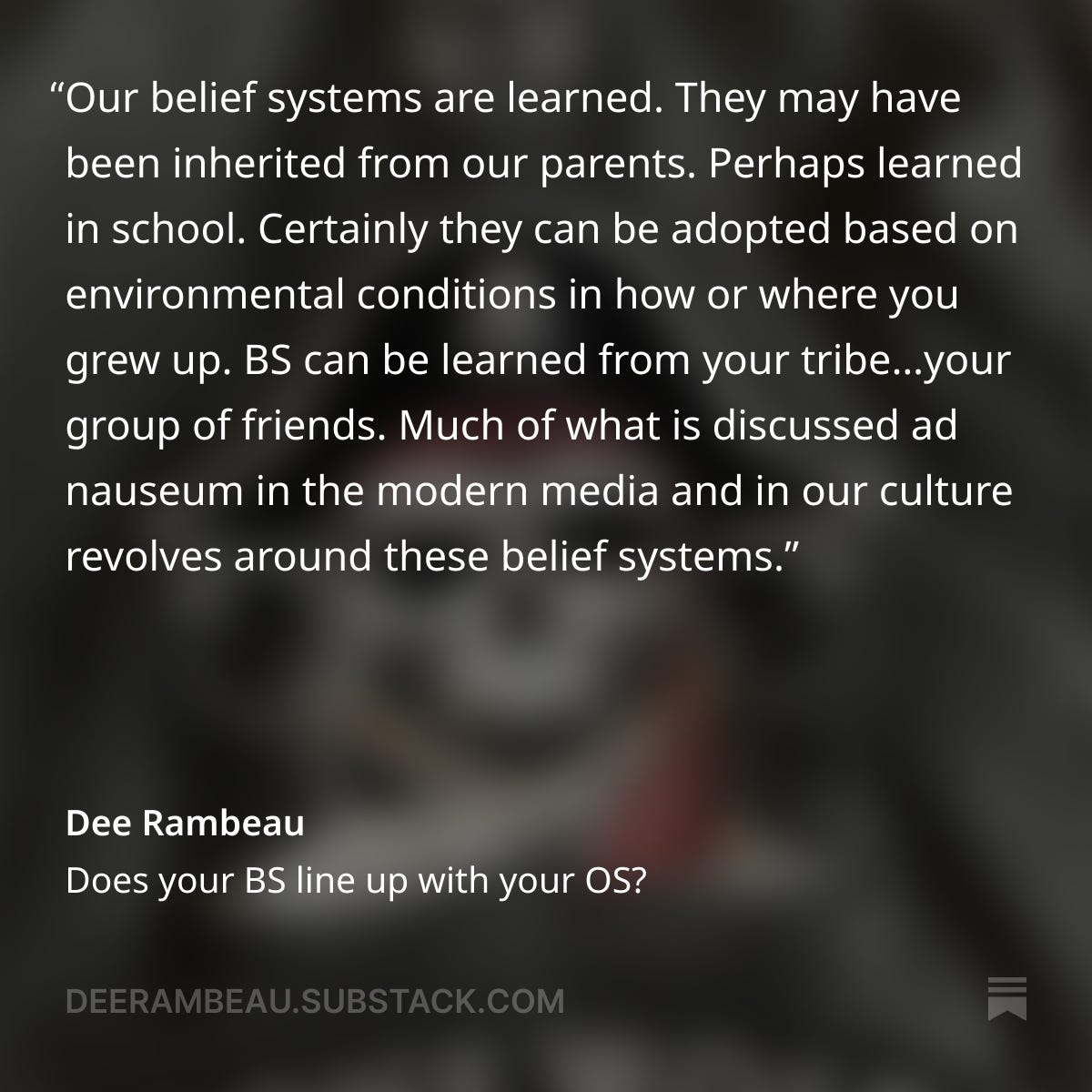
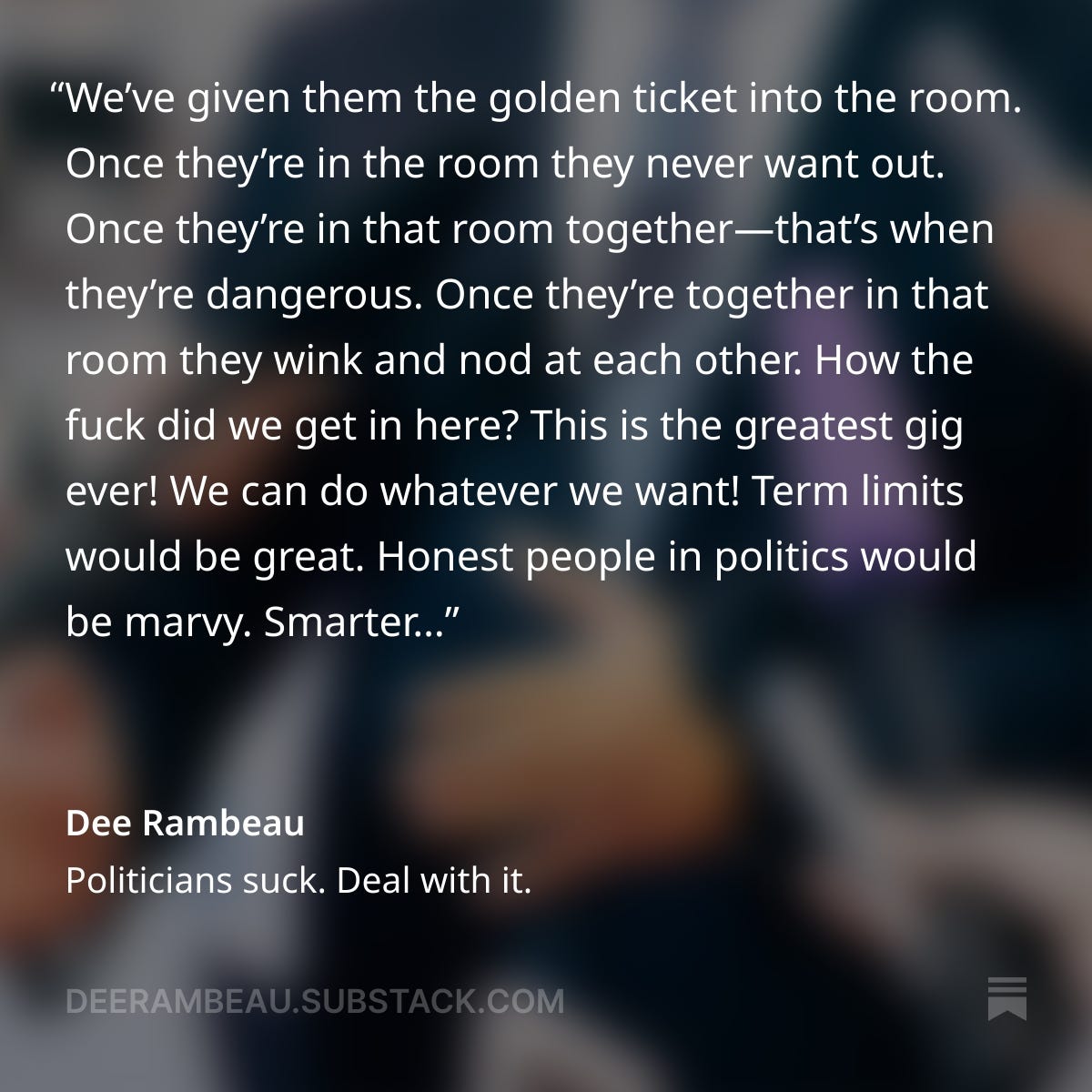
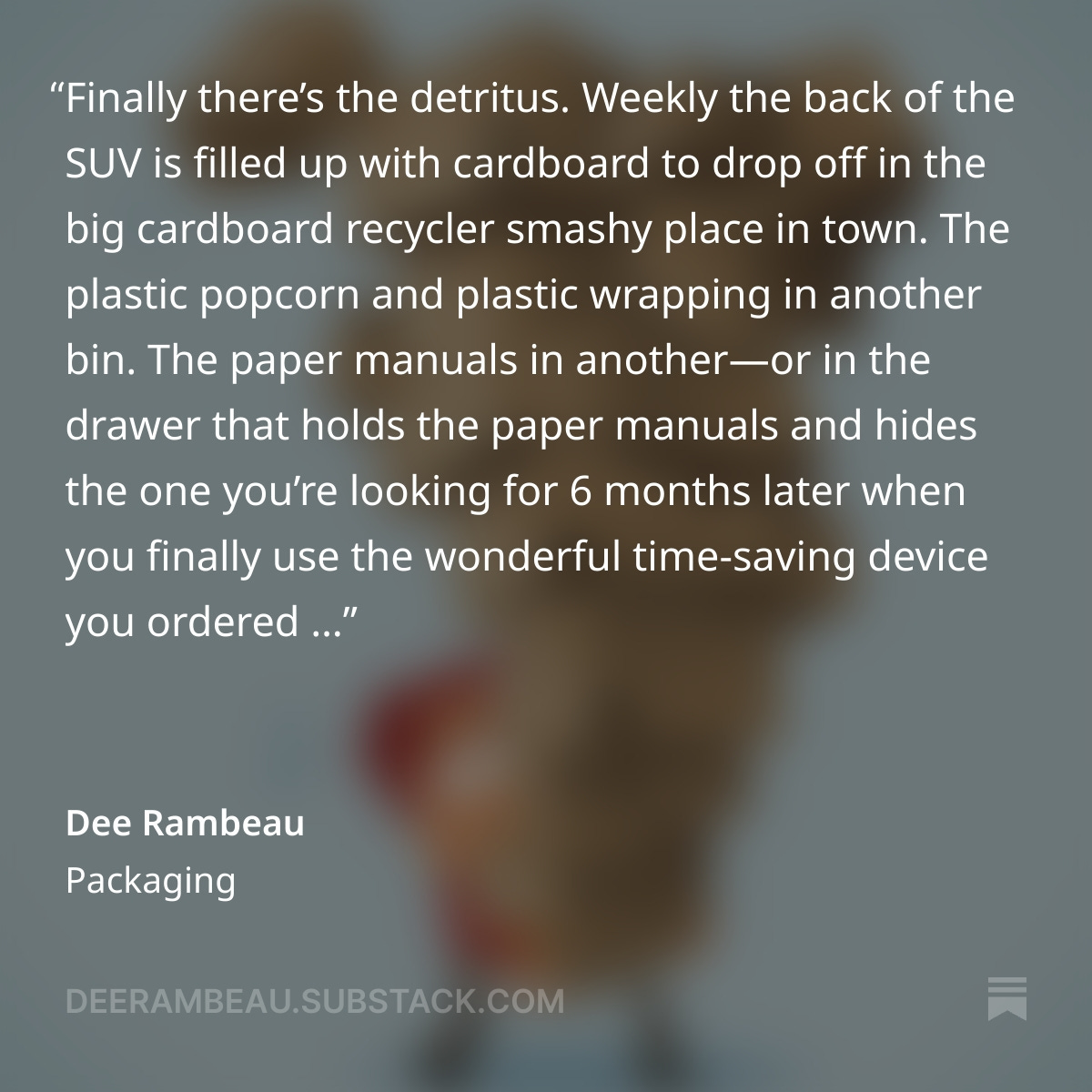
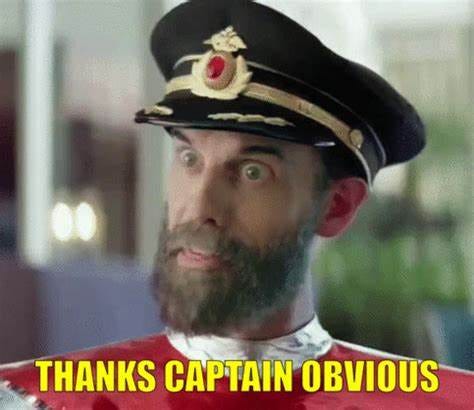
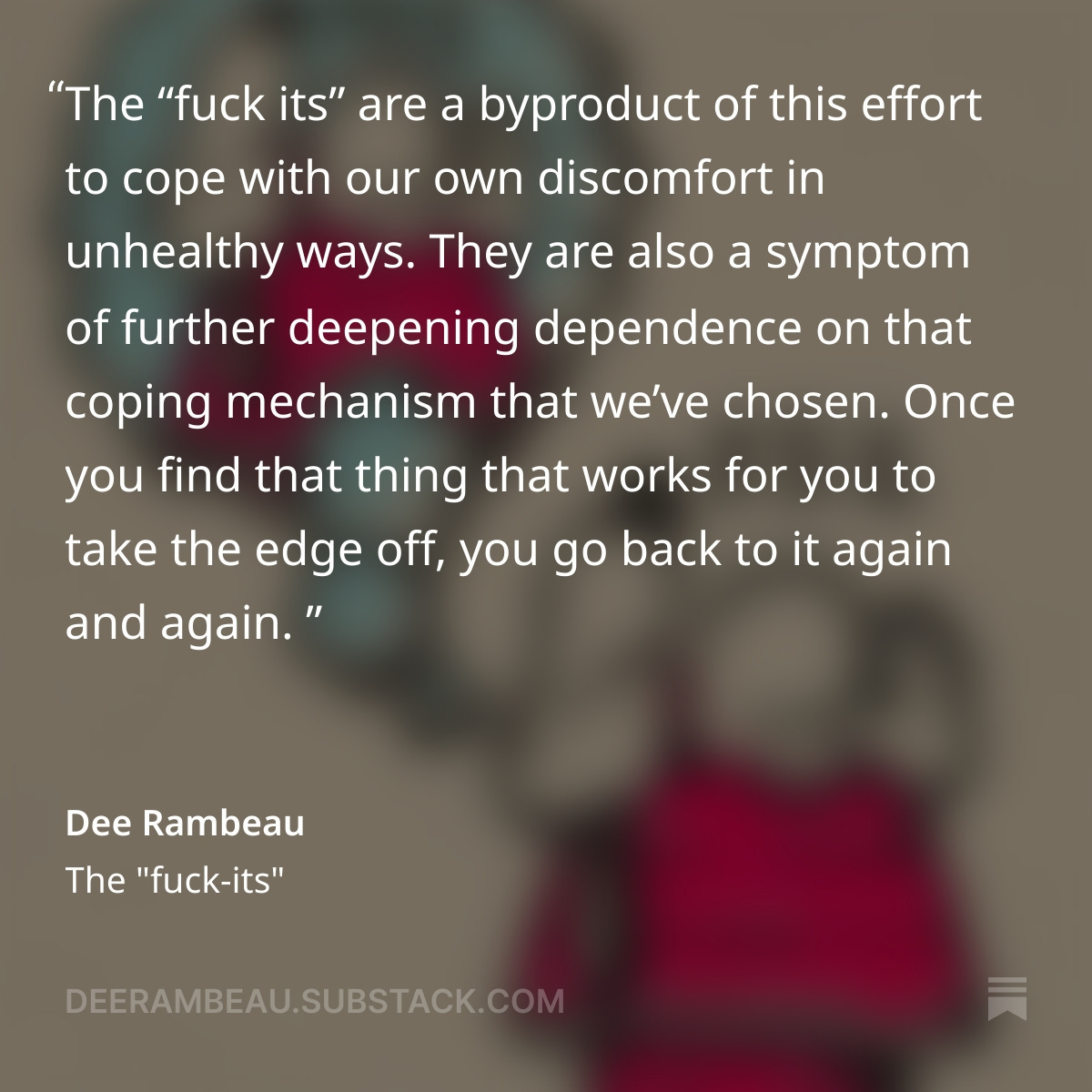
If you ever want to write a book Dee this is it! This essay is the summary of a lifetime of work and I can't imagine the effort it took to wrestle with these words (or at least for me it would be a wrestling match). It's one thing to be clear on our beliefs and another thing entirely to be able to write them out with such clarity.
When you posted the Note about your beliefs I was deeply moved and this essay takes it to the next level. Thank you Dee.
What a great piece Dee. I guess I missed the original Note so I am glad you developed the ideas. Our thoughts align closely in many of these areas but I hadn't taken the time to flesh them out the way you have. I appreciate the opportunity to read through them and think more deeply about my own belief system. Thanks brother.